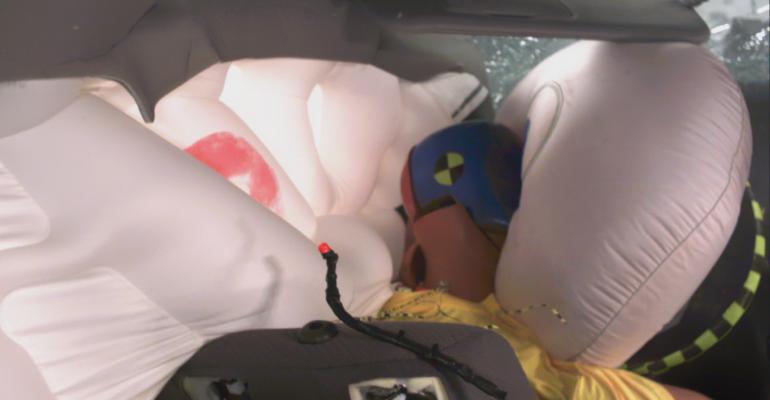What would have been the first legislation in the nation aimed at reining in the sale of used recalled vehicles has been snatched from what seemed inevitable passage by the California state lawmaker who wrote it.
Assembly Bill 278, otherwise known as the Consumer Automotive Recall Safety Act, would mandate a customer be notified about the recall status of a used vehicle before any sale or rental.
However, disclosing whether a recalled used vehicle has been fixed wouldn’t be required under the proposed law. Nor would dealers be compelled to repair affected models before they’re sold or rented, except in the case of franchised dealers with recalled autos carrying their own brands.
Federal law restricts auto dealers from selling new cars that are under a safety recall, but there is no such limit on used cars. California currently doesn’t prevent used-car dealers from selling unrepaired vehicles.
Assemblyman Rich Gordon, who represents communities in Northern California’s Silicon Valley, suddenly pulled the legislation he authored from consideration even though the bill easily passed through two state Assembly committees on unanimous votes last month, earned a 76-0 vote of support in the full Assembly and was expected to sail through state’s Senate on its way to the governor’s desk.
Daniel Gage, spokesman for the Alliance of Automobile Manufacturers, which represents automakers covering 77% of all car and light-truck sales in the U.S., says Gordon’s quick effort to shelve the measure may have come in response to escalating industry opposition to the bill.
A majority of automakers and rental companies are calling for a comprehensive federal solution over individual state efforts.
In a letter sent last April to the California Assembly’s transportation committee, another trade group, Global Automakers, whose 12 members include Honda, Toyota, Nissan, Aston Martin and Ferrari, argues “the way the bill approaches these issues is neither sound nor workable for consumers or automobile manufacturers. While the recall process has come under increased scrutiny in recent years and may be in need of some improvements…it is a national problem that needs a national solution.
“The federal regulatory process should be given a chance before California or any other state rushes to pass legislation that is ill-conceived and may prove unnecessary.”
Consumer advocates contend fixing recalled vehicles should be compulsory before they are released back to consumers.
Gordon says in a phone interview from his Sacramento office that “any depiction” of his decision to pull the bill “as folding” under political pressure is wrong, since “clearly my colleagues (in the Assembly) agree with me.”
He says he prevented the bill from going forward because there is “an opportunity to do more” and be more proactive in improving the level of consumer protection in the state.
“Candidly, we were in a slightly different world,” Gordon says about the time when the bill was drafted at the start of the year, before the massive mid-May recall of some 34 million vehicles in the U.S. and 53 million worldwide by airbag manufacturer Takata.
Honda this week added another 1.39 million Accord and Civic sedans to that list, bringing its total of affected vehicles to 2.3 million.
Brian Maas, president of the California New Car Dealers Assn. and one of the bill’s main supporters, tells WardsAuto the bill was introduced at a time when “we were trying to move forward” and provide more consumer protection. When the Takata recall hit, it revealed much more about “the scope of the problem...it got way more complicated.
“There’s a reason the federal government hasn’t done anything,” he adds.
Answering critics who complain the new bill would go too easy on dealers, Maas notes, “We have no legislation on (recalled) cars now...our bill tried to find a middle ground (that plotted) steps in the right direction.
“It’s hard to speculate when the bill is going to go forward. I think everybody needs to take a step back, figure out what’s workable.”
Global Automakers spokeswoman Annemarie Pender says in an email her organization is “pleased with Assemblyman Rich Gordon’s decision to hold AB 287” and looks forward to “continuing the conversation to find a solution.”
It’s important, she says, that “customers are not only aware that their new or used vehicle is subject to an open recall, but can also get it repaired quickly.”
Gordon asserts he wants all “recalled cars off California highways” until they are repaired. That, he says, is “my end game.”





